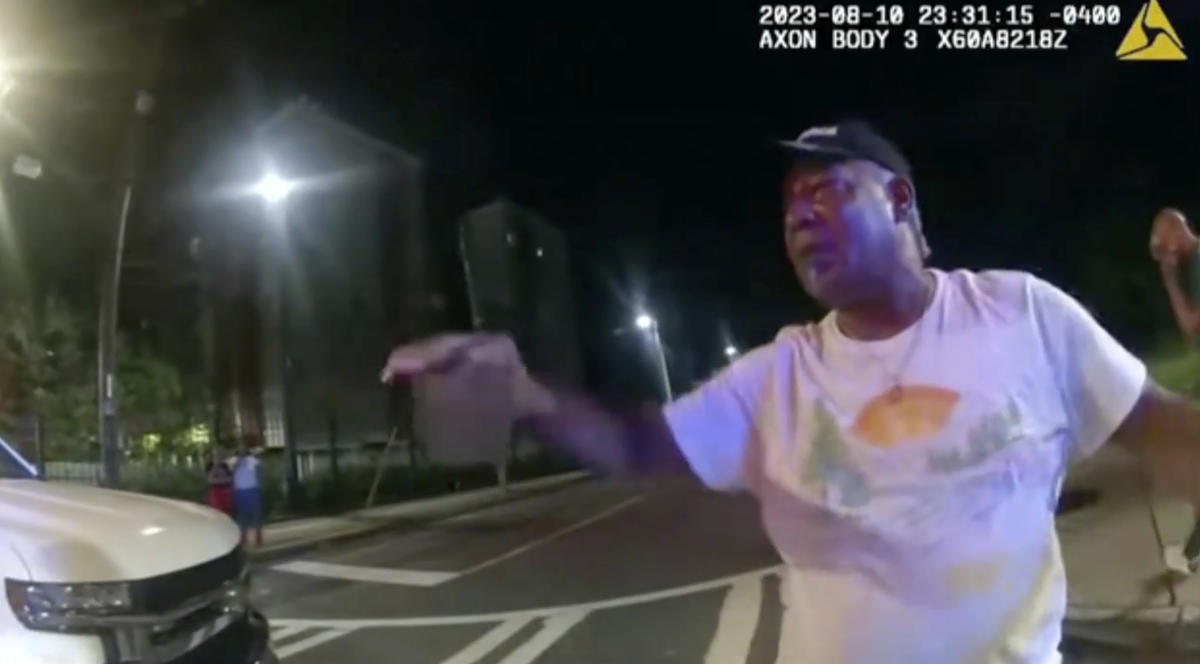On Feb. 9, Kansas Attorney General Kris Kobach introduced a death penalty bill in the Kansas Legislature.
A key point is that it would allow the state to execute an inmate using hypoxia, or inhalation of a gas inducing suffocation. Kobach said, “Because of difficulties in acquiring the drugs, lethal injection is now limited,” and that the attorney general of Alabama told him that “the hypoxia method worked extremely well” for its execution on Jan. 25.
This recent news item reminded me of Kansas’ long-standing ambivalence about the death penalty.
In my studies of Kansas history and politics, the subject seems to arise often.
“I tried a man when I was county attorney and he got the death penalty and we hung him. Hung with a rope.” That is what former Kansas Gov. John Anderson told me in 2003. He attributed his 1960 victory over Gov. George Docking in part to the issue.
“He would commute the sentences of those on death row to life in prison,” Anderson said. “And during the campaign, I just hounded him and hounded him for that.”
In 2005, I was riveted when Chuck McAtee, the former Kansas penal director who oversaw the hangings of the “Clutter Killers,” Perry Smith and Dick Hickock — made famous by Truman Capote’s book “In Cold Blood” — pulled out of a box a death-row poem written by Smith and proceeded to read it aloud in the tone that Smith had used with him: “Perhaps my eyes shall never reach, The light of freedom’s skies, But forever my hopes will span the breach, To Keep my human ties.”
McAtee supported the death penalty but, visibly emotional, got choked up when talking about Smith and Hickock.
Former Kansas Gov. John Carlin told me he didn’t give the issue a lot of thought until he was faced with signing a 1979 law that would bring back the death penalty. “I got to thinking about the poor representation of a lot of poor people and the potential for error” and vetoed it. “If I lose reelection, that’s just the way things have to be.”
In 2015, then-Gov. Sam Brownback told me that he opposed the death penalty except in cases where society cannot otherwise be protected.
In 2022, former Gov. Mark Parkinson, who wrote the 1994 Kansas death penalty law, said to me: “I now know more about the history of the death penalty and its unfair utilization against people of color. That probably alone is enough that it shouldn’t be used again, probably do wish that I hadn’t done it in the first place.”
Kansas is one of 27 states with the death penalty but hasn’t executed anyone since 1965. One scholar calls Kansas a “de-facto abolition” state, sitting in “death penalty limbo.” Currently there are nine men on Kansas’ death row.
Another provision of Kobach’s proposed law could possibly expedite the process of bringing about a death warrant for one of those nine men, at which point only the governor could block it, like George Docking did all those years ago when he commuted sentences.
In an interview, Kobach made an interesting and relevant comment: “If Kansas is going to have a death penalty, it needs to be possible to implement.”
Excellent point. Kansas, brace yourself.
If we have a death penalty, eventually we might get an execution, no matter how ambivalent we are.
This article originally appeared on Topeka Capital-Journal: Is this the year Kansas decides to start executing death row inmates?
Signup bonus from





